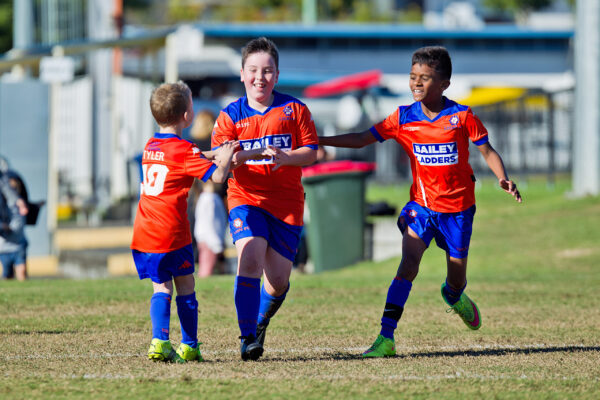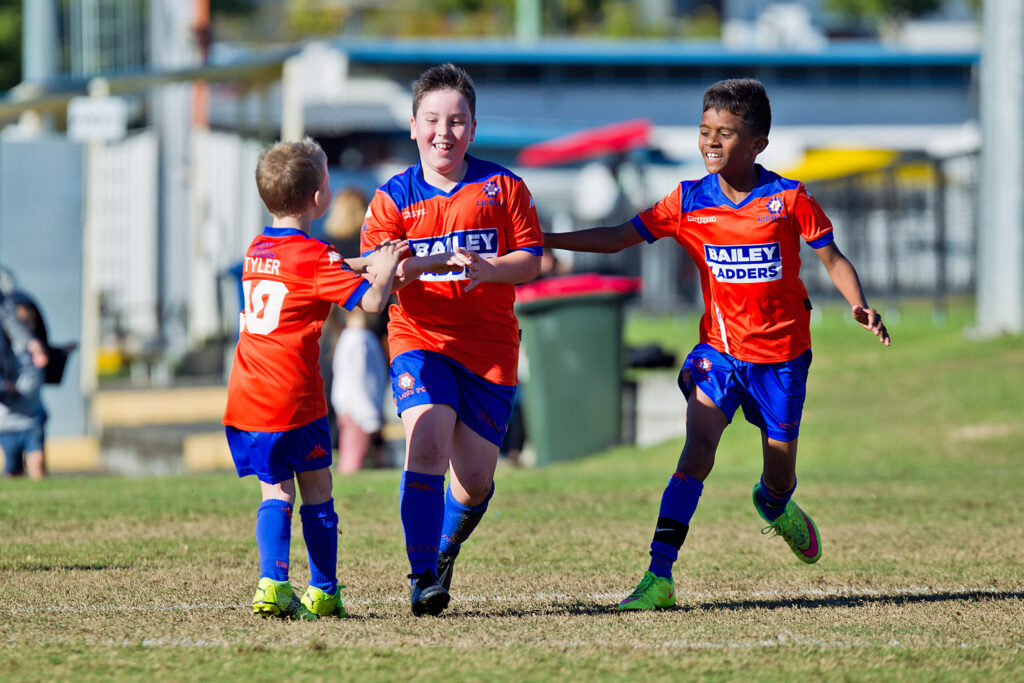
On Thursday 10th of October 2019, a former Matildas captain will be duly recognised for her contributions for women’s football.
On what will be a history-making night, Cheryl Salisbury becomes the first female footballer inducted into the Sport Australia Hall of Fame.
Widely regarded as a pioneer for women’s football, Salisbury currently has the most caps for Australia of either gender with 151 matches and has made a name for herself by developing and enhancing the women’s game.
Playing predominantly as a central defender, she began her international career in 1994 with a debut against Russia, and represented the Matildas until her retirement in 2009.
Salisbury even managed to score in her first international game and finished up with 38 from 151 games.
She established herself as a staple for the Matildas line-up, and eventually named captain from 2003-2009. She became only the second women to play 100 internationals, achieved in a 1-1 draw with the United States at the 2004 Olympic Games in Athens.
Salisbury played in the biggest tournaments around the world, featuring in four World Cups (1995, 1999, 2003 and 2007), Olympic Games (Sydney 2000 and Athens 2004), as well as Football Confederation Women’s Asian Cups (2006 and 2008).
In the Sydney Olympics she scored Australia’s first ever goal at that level and in the 2007 World Cup she came up clutch to score a last-minute goal that would send the Matilda’s through to the quarterfinals for the first time.
The world controlling body, FIFA, rewarded Salisbury for her efforts by naming her in the Women’s World XI squad on two occasions in 2004 and 2007.
At club level, her major contributions were playing for Memphis Mercury in the 2002 American W-League and spent three years in the Japan Women’s league.
As someone who was always on the front foot, Salisbury was part of a handful of Australians who took part in the short-lived American Women’s United Soccer Association (WUSA), which was the world’s first fully professional women’s competition.
An outstanding leader for the Matildas, Salisbury’s best attributes were the versatility to play multiple positions, the trademark long throw and powerful clearances.
She has led the way both on and off the field and set a good example with fair play and teamwork.
Salisbury has already been inducted into the Australian Football Hall of Fame in the Hall of Champions category and in 2017 was the first woman to be awarded the Professional Footballers Association’s Alex Tobin Medal, the highest honour for Australian soccer players.
Now, she will add the Sport Australia Hall of Fame to her legendary CV.
The 35th Sport Australia Hall of Fame Annual Induction and Awards Gala Dinner will take place on Thursday 10th October 2019 at the Palladium at Crown, Melbourne.
Media, VIP and members can enter from 5:45pm, with guests able to come at 6:30pm.



















